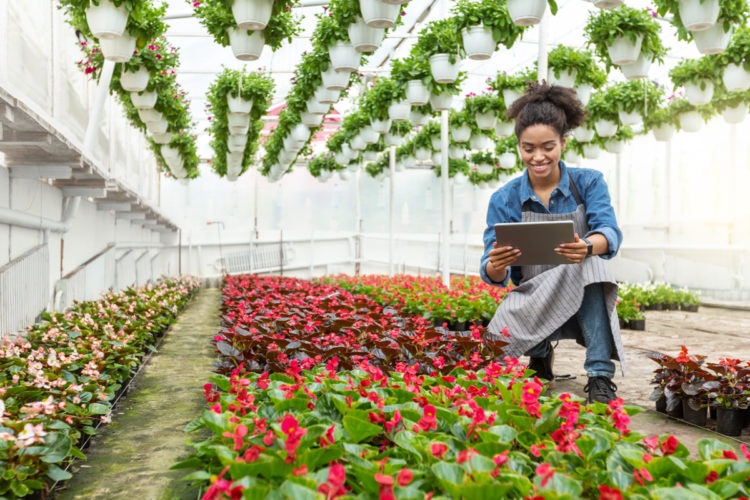Konga, Nigeria’s retail giant aims to revolutionize agriculture in Nigeria by leveraging e-Commerce to help rural farmers access better agricultural inputs at highly competitive rates, such as crop seedlings, fertilizers and much more.
The project, the first in Africa, is a collaboration formed in 2016 with UKAid-funded Frontier Technology Livestreaming to help innovators apply frontier technologies to the biggest development challenges.
The initiative, which began in March 2019, has seen Konga, arguably the most trusted player in the largest market in Africa, leverage its e-commerce engine, massive technology backbone, approved payment system for the Central Bank of Nigeria, KongaPay, large network of branches across Nigeria’s nook and crannies, advanced distribution capabilities through an internally owned logistics outfit.
After a thorough selection process, Konga emerged as the technology partner for the project.
The agricultural sector, one of the most important in Nigeria in view of the fact that it provides livelihoods for about 70% of the rural population, is receiving a much-needed technology-supported turnaround through Konga.
The reduced yields due to the limited use of modern agricultural inputs by farmers, sub-optimal delivery times and limited information on availability and prices are part of the challenges that this vital sector has long faced.
Around 80 percent of farmers in the rural population face this problem, the vast majority of whom are small-scale farmers who struggle with low productivity, resulting in severe income reductions.
Moreover, these farmers are frequently removed from the formal sector and find capital or credit facilities difficult to reach.
Most suppliers of agricultural inputs are also located in urban areas, with a small presence in rural areas due to the high cost of transactions.
However, in revolutionizing this market, Konga is bringing its suite of advanced competencies to bear.
Precisely, Konga makes it easy to buy agricultural inputs online for these poor, smallholder farmers, meeting demands that have long defied governments and other allied agencies.
In addition, the e-Commerce giant offers an easy-to-use platform for listing and purchasing agricultural inputs and goods for farmers in hard-to-reach, far-flung and under-served locations in Nigeria, as well as offering logistics through KXpress and a secure payment solution through KongaPay within the ecosystem.
The e-Commerce platform of Konga is open to rural farmers with low internet connectivity, enabling them to purchase inputs from agro-dealers and suppliers at affordable rates, with pre- and post-pay options.
So far, with the initiative, Konga has achieved commendable performance, onboarding 12 merchants, recording over 7000 website hits and successfully delivering order scores.
Konga has been praised for its outstanding work by Ganiat Ettu, an independent technical expert on the project.
” Onboarding manufacturers, the agro dealers, was the greatest obstacle. Konga is used to doing business with dealers, but they find that because their customers (the farmers) operate in rural or peri-rural areas, it is not business as usual in this area…
Physical sales are what works for them. If farmers are able to access the agricultural inputs they need at the right price and if they need them, their yields will increase and production will increase significantly.’
In the meantime, Konga’s pilot project, which has seen a strong marriage of e-commerce and agriculture, has also seen possible talks to make additional vital agri-tech investments.
Nick Imudia, Co-CEO, Konga Group, who described the experience gained from the project as very informative and useful, confirmed this. In Nigeria, the agricultural sector needs governments to properly channel their money to help it scale up.
In the next six months, as recently predicted by the United Nations, there are concerns of famine or food shortages in Nigeria. Our experience, however, shows that Nigerian rural farmers have the potential to feed the nation and even have some exports left over. The right help is what they need.
” We still do our best in this area, but we can’t do it alone. The number of clients we get is what decides whether we expand the category or invest. Are we receiving unique product requests? In particular areas, do we see growth that would require opening warehouses or new logistics hubs? “‘” he concluded.













